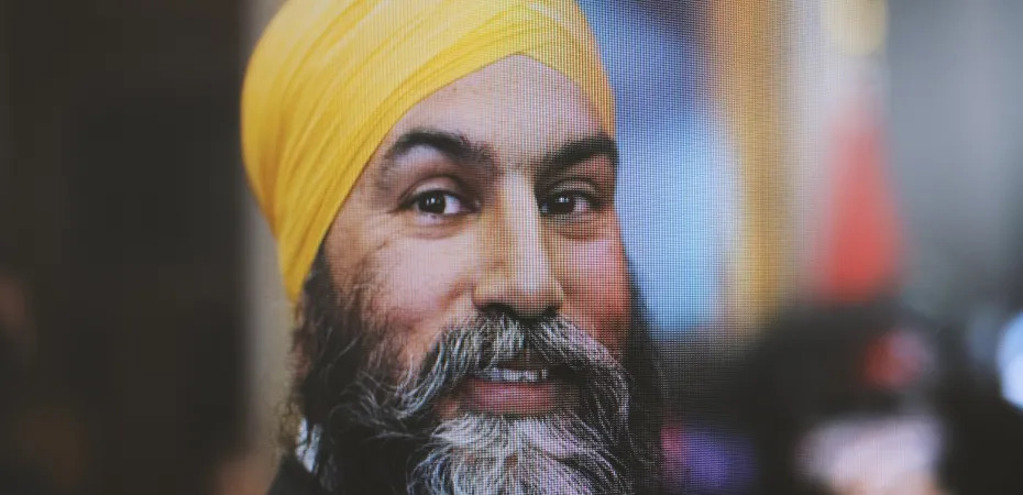Canada should be putting more money into the public healthcare system that exists, not adjudicating less important services to private hands and creating a two-tier system.
Last week, NDP leader Jagmeet Singh put forward an opposition motion for the support of public universal healthcare in the House of Commons. Both Leader of the Opposition Pierre Poilievre and Prime Minister Justin Trudeau voted ‘nay’ to the motion which spurred the NDP to condemn both as siding with CEOs and shareholders.
Many in the commentariat have been calling the NDP hypocrites for creating a coalition with the Liberals last year. What this criticism misses is that politics is about power and the NDP is right to use inroads to get what they want, that doesn’t mean we have to be illusioned about Liberals taking credit for NDP social support policies like the expansions of free dental care to children 12 and under passed late last year.
Centrist commentator Chris Selley of The National Post writes on Twitter in response to one of Singh’s tweets around examples of private surgery in Canada costing $30,000 and doctor visits costing $70, “Why, it’s almost like a conspiracy theory.”
However, it’s true that Canadians can skip surgery lines by travelling to another province for private surgery, in fact many of these private clinics are advertising the convenience of being able to skip the line. It’s also true that Canadians can pay via virtual assistant apps to see a doctor more quickly.
What Selley means by it being a “conspiracy theory” is that these examples are not the norm or the direction that the whole system is headed towards — at least on paper — and therefore Singh is obscuring the truth in some way. This makes little sense considering Singh’s and the NDP’s point has always been that the more some Canadians can skip the line of the public healthcare system the more inequitable the system is and that with a two-tier healthcare system there is literally less funding and services going into the public system.
On top of this, a centralized fully public healthcare system is better for numerous reasons, most importantly that patient information continuity is more efficient, as well as for the obvious reason that it’s simply more equitable. In Alberta the healthcare system has been in chaos for over 100 days, despite conservative Premier Danielle Smith saying it would be fixed within 90 days. Meanwhile, the conservative leadership in Alberta has been moving towards a decentralized healthcare system as they fail to meet their time range of fixing the current system.
Contrasting the Canadian healthcare system to that in Cuba is exemplary in a few ways. Cuba has a fully centralized universal public health care system and is among the top three countries in the world with the highest doctor-patient ratio. And despite the cruel embargo that the United States has placed on the country, the life expectancy in Cuba has climbed dramatically for over 100 years up until 2020, even showing steady positive growth during the height of the Cold War.
One reason for Cuba’s healthcare success is that the medical university is embedded into the system’s central tap root and opts for more community-based clinics rather than hospitals. Cuba’s system has even attracted “health tourists” from around the world for specific services.
The centrist commentariat are quick to condemn slippery-slope rhetoric on the privatization of healthcare in Canada, pointing out that it’s not undoing the Canada Health Act but they won’t fight for the clear benefits of a fully universalized central system because neoliberal technocrats are partial to notions of choice proffered by the market. They fail to take seriously medical equity and efficiency because to see what is happening to healthcare in Canada as an undermining of the public system is easier than coming vis-a-vis with proof that socialist policies of free healthcare — like the tremendous success of the fully public healthcare systems of the Nordic model — are simply better for everyone.


